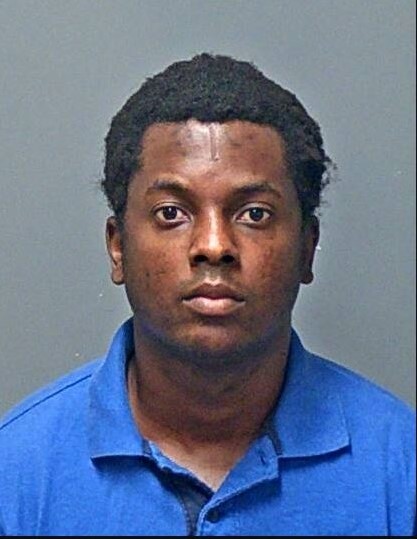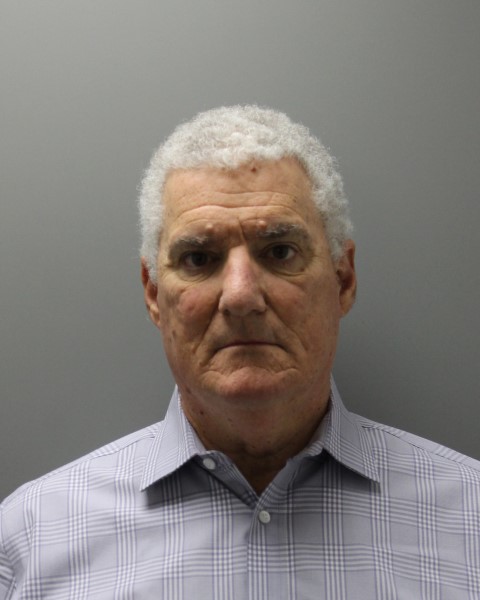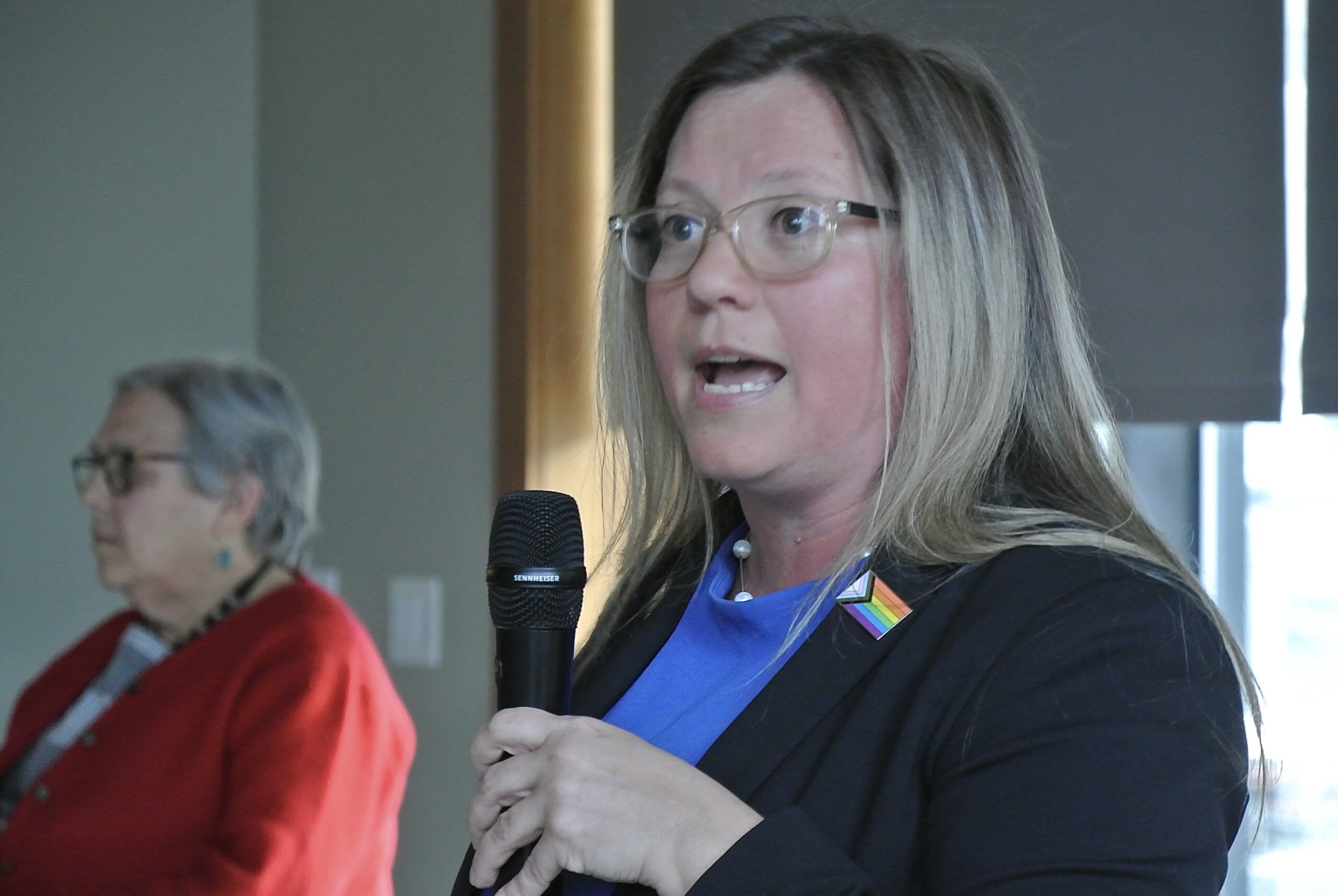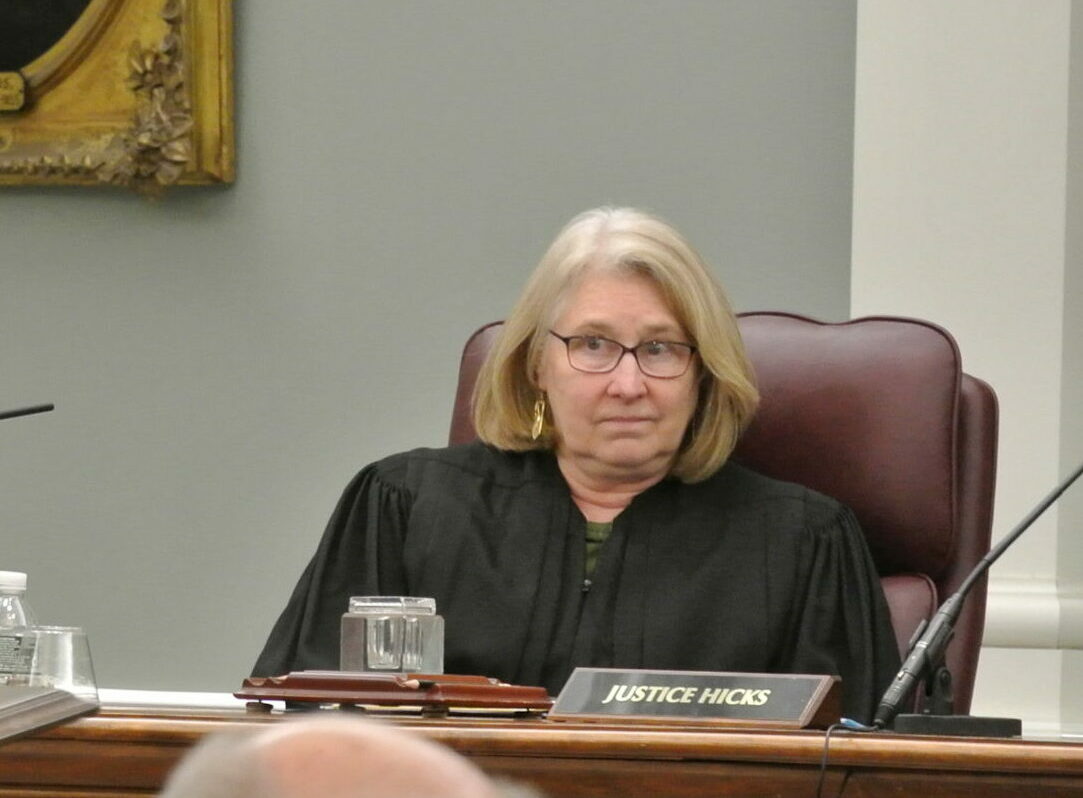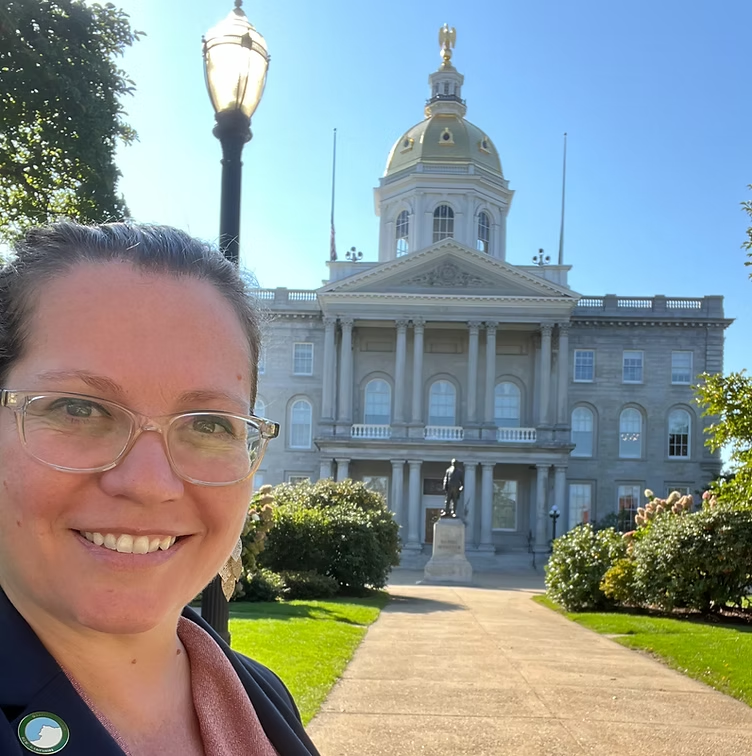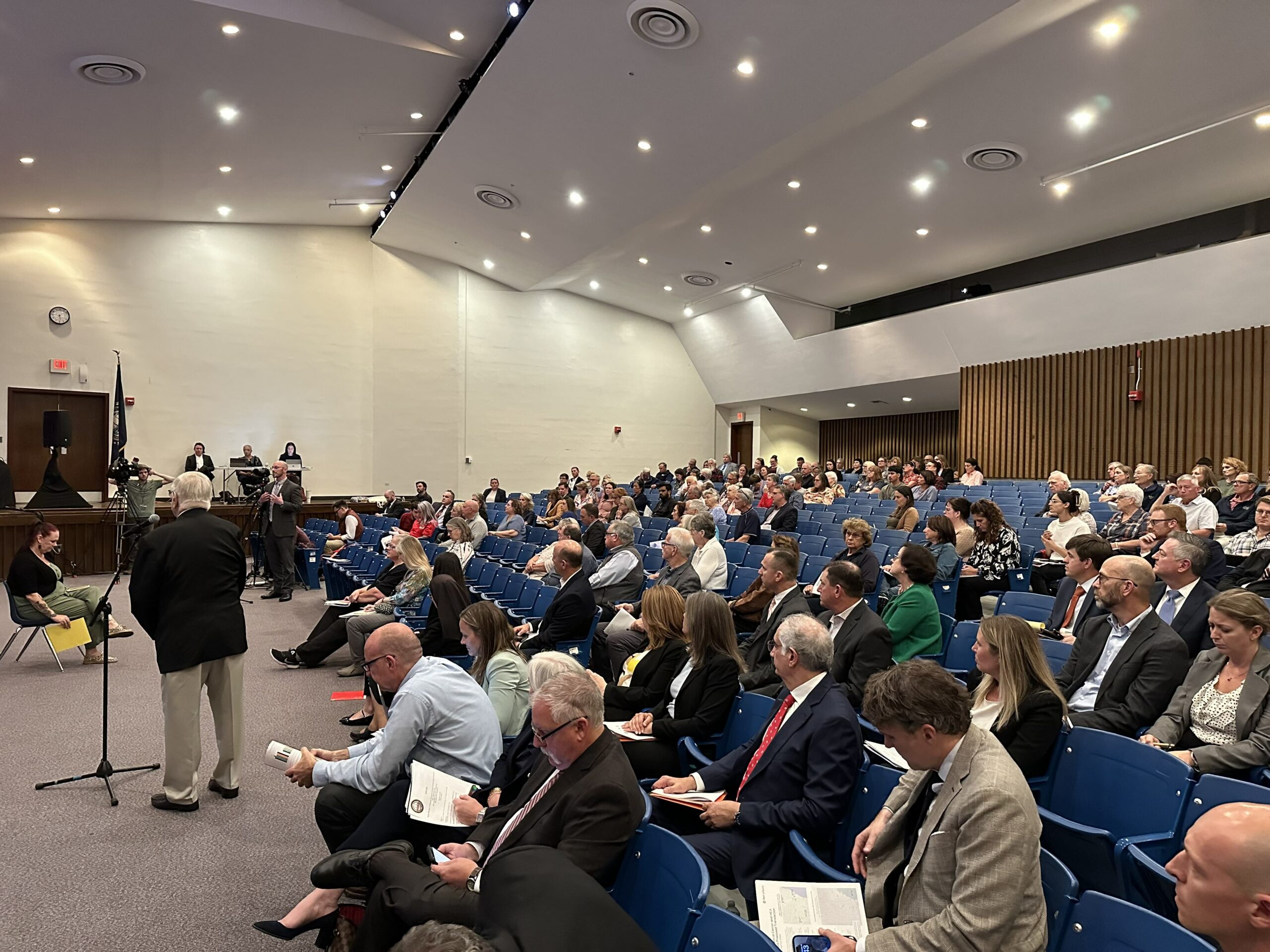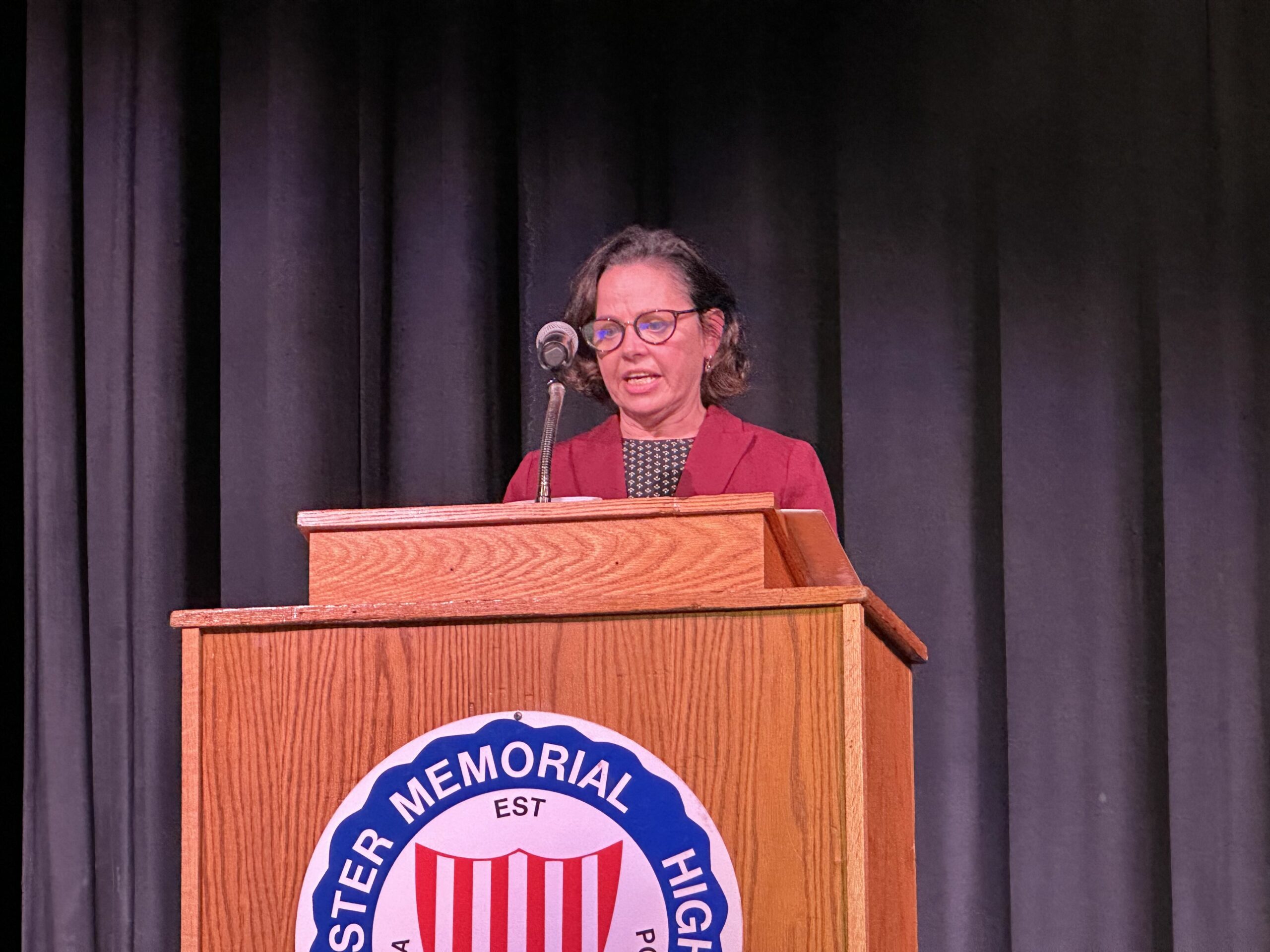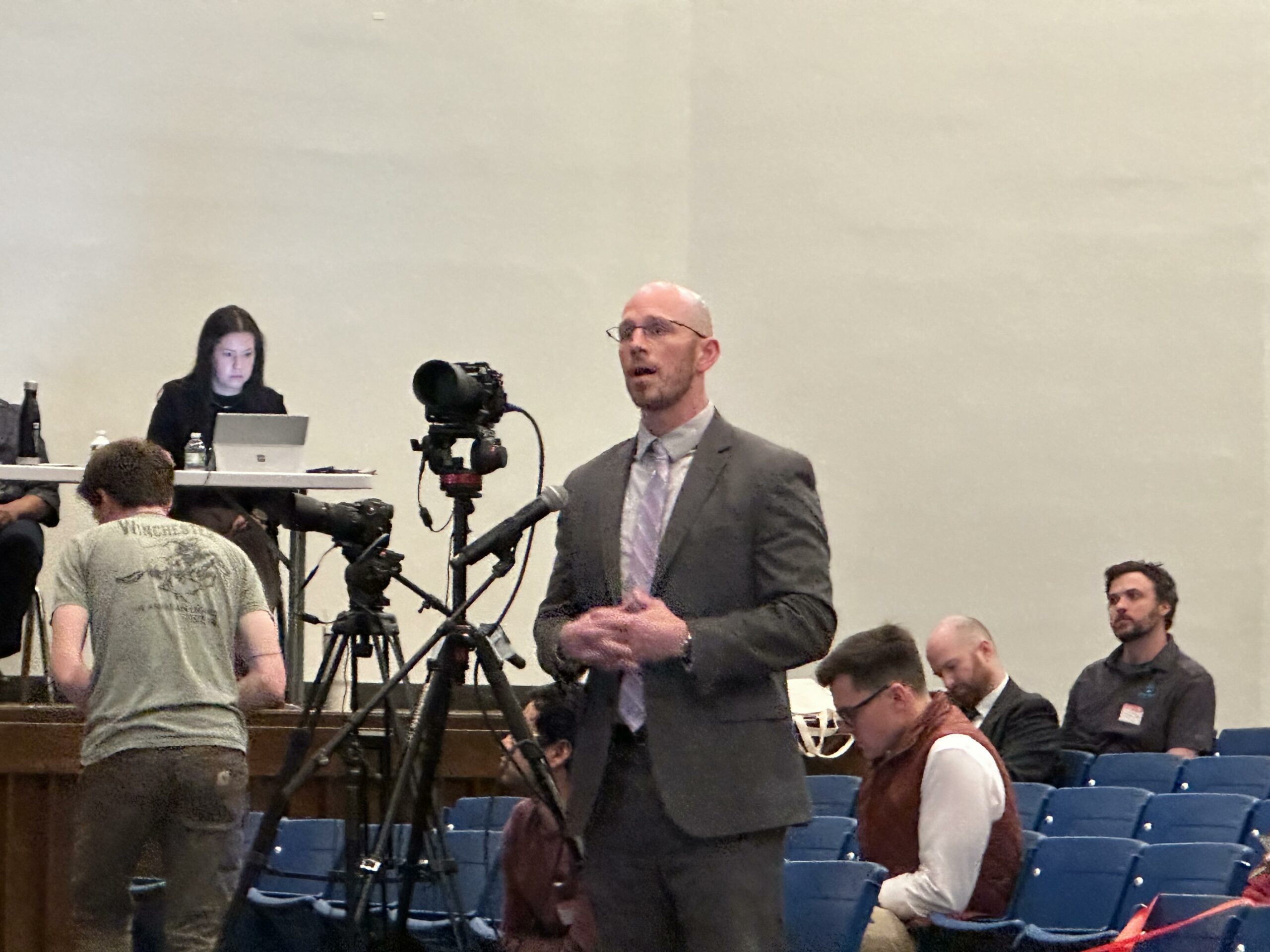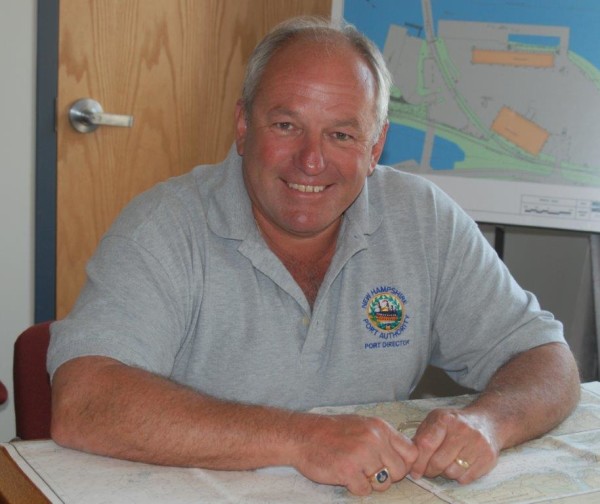Could the AG Be a Witness in Marconi Case? Formella’s Dual Role Faces Court Challenge
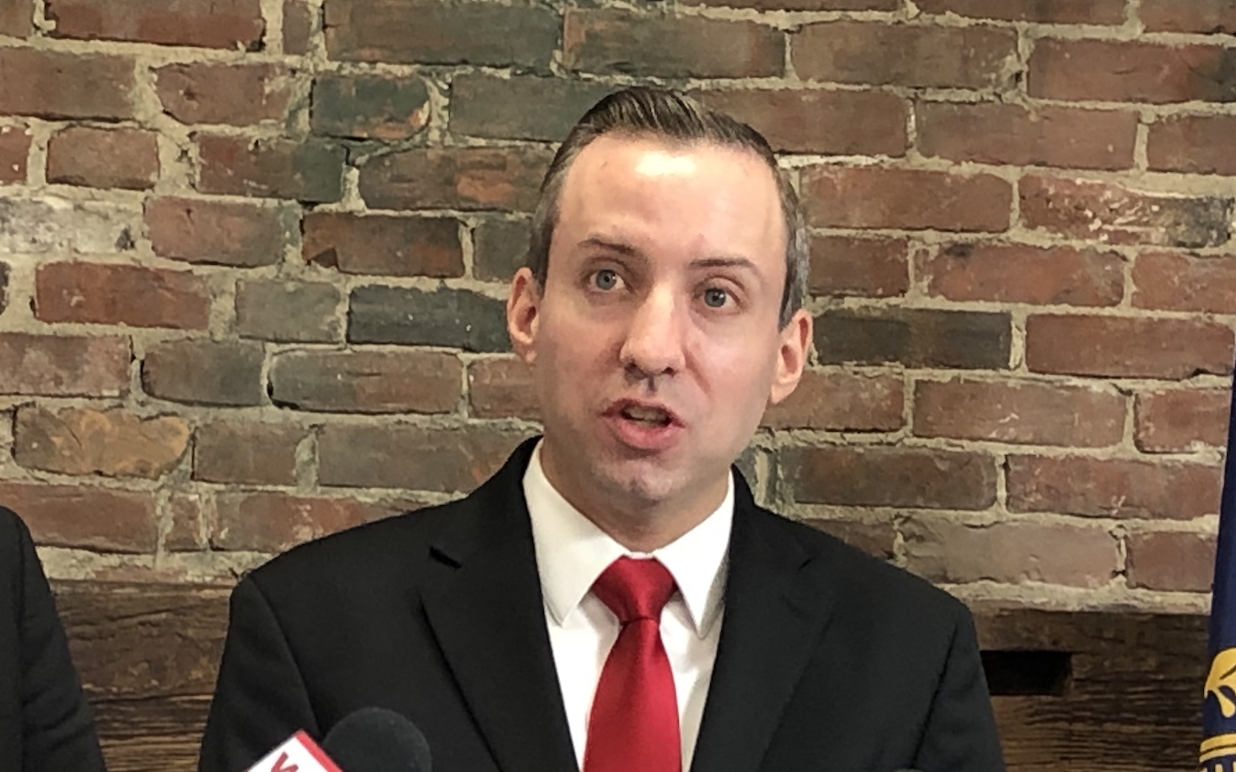
New Hampshire Attorney General John Formella may be called to testify as a witness in the criminal case against state Supreme Court Associate Justice Anna Barbara Hantz Marconi—unless he succeeds in quashing a defense subpoena.
The possibility of Formella taking the stand has intensified legal wrangling ahead of an Aug. 8 hearing in Merrimack Superior Court. Prosecutors have offered to have Deputy Attorney General James Boffetti take over the case to avoid a potential conflict of interest, but defense attorneys say the damage is already done.
Lawyers for Hantz Marconi are seeking to have the Attorney General’s Office disqualified and the indictments dismissed, arguing that Formella is too conflicted to oversee a fair prosecution. Until recently, the state kept quiet the fact that Formella initiated the investigation into Hantz Marconi outside the established guidelines for the Public Integrity Unit. Now, prosecutors argue the defense is too late to argue for a dismissal, having waited until after the time for bringing such motions had passed. Defense attorneys Richard Guerriero and Jonathan Kotlier accuse the state of gaming the evidence to hinder the defense.
Defense attorneys Richard Guerriero and Jonathan Kotlier contend that Formella initiated the investigation into Hantz Marconi outside of the established procedures for the Attorney General’s Public Integrity Unit, which typically requires a written or emailed complaint to trigger an inquiry. No such complaint has been produced.
Prosecutors now argue the defense waited too long to raise objections, having missed the deadline for filing such motions. But Guerriero and Kotlier allege that the state deliberately withheld key information, including Formella’s early role, to avoid scrutiny.
“The State would like to manipulate the proceedings so that no matter when the defense asserts Formella’s conflicts of interest, there will always be a procedural bar,” the defense wrote in a recent filing. “By staggering and withholding discovery, the State was able to engineer a complaint that the defense motion, which was originally speculative, is now too late.”
Hantz Marconi was indicted in October 2024, accused of attempting to pressure then-Gov. Chris Sununu to intervene in a separate investigation involving her husband, former state Ports Director Geno Marconi. The alleged misconduct occurred during a June 6 meeting with Sununu.
However, both Sununu and his former legal counsel, Judge Rudy Ogden, told investigators they did not believe Hantz Marconi asked for anything improper. It has since come to light that Formella interviewed both men, along with Supreme Court Chief Justice Gordon MacDonald, before formally assigning the case to the Public Integrity Unit.
According to the defense, Formella’s behind-the-scenes role is critical to understanding the origin and validity of the case. They argue that, absent a formal complaint and with no witnesses alleging criminal conduct, Formella’s initial steps deserve closer examination.
“The State cannot credibly deny that an accused person has the right to produce evidence about the origins of an investigation as part of a challenge to the reliability of the investigation which led to criminal charges,” Guerriero and Kotlier wrote.
In a July 11 filing, Assistant Attorney General Joe Fincham denied the state had withheld information from the defense.
“On December 23, 2024, the State provided Defendant with virtually all discovery in this matter related to and relied upon in the Renewed Motion related to Defendant’s assertion that AG Formella has a conflict of interest, including AG Formella’s notes, materials related to the 2013 complaint against Sununu, and audio recordings and transcripts of interviews with Sununu, Ogden, and Duprey. The State’s records indicate that counsel for Defendant downloaded these materials on this same date.”
Fincham also argued Formella’s testimony would be inadmissible, as it would involve speculation and second-hand interpretations of others’ beliefs and intentions.
“Not even Sununu and Ogden would properly be able to testify about their opinions about [Hantz Marconi’s] intent… AG Formella’s opinion about Sununu and Ogden’s opinions would also be inadmissible, as it would be another layer of inadmissible opinion about an inadmissible opinion,” Fincham wrote.
If the court ultimately determines that Formella is a necessary witness and therefore cannot continue overseeing the case, prosecutors argue that Boffetti can legally assume responsibility under state law.
“If this Court were to find that AG Formella is a necessary witness in this case and has a conflict of interest such that he is ‘unable to act’… then the appropriate remedy is for the deputy attorney general to act as attorney general in this case,” Fincham stated.
The upcoming hearing may determine whether the prosecution can proceed—and under whose authority.

